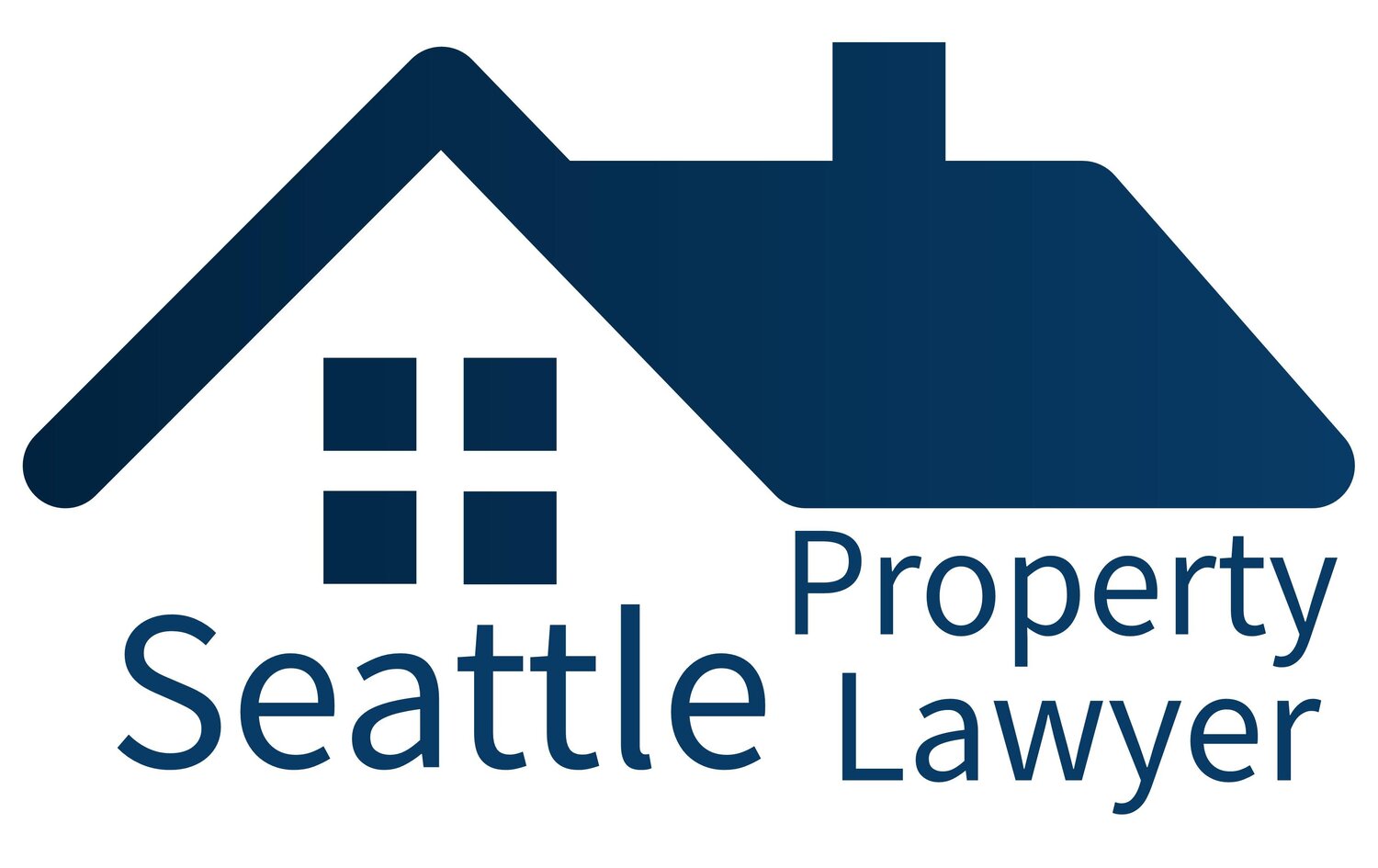Never Waive the Inspection Contingency (and always get the most out of it)
/Buying a home is a big deal. It’s a major financial commitment — up front, and for the long haul.
A home inspection is critical.
If you buy a house in poor condition without realizing it… well, it is the stuff of legend. To avoid a lousy outcome, a buyer simply must inspect the home before buying it. Never waive the inspection contingency.
Hot market? Get a pre-inspection before making offer.
Here in Seattle, we are just now emerging from an historic sellers’ market. For several years running, bidding wars were the order of the day. To compete, some buyers skipped the home inspection entirely. Some of those buyers ended up in real money pits — without the happy ending.
The better solution was — and still is — a pre-inspection. A pre-inspection is a shortened version of a standard inspection. It covers only the big systems and highlights, and ends with just an oral report. It usually costs about half as much.
A buyer gets a pre-inspection before making an offer. They get some basic protection, and can account for the condition of the home in the offer amount. Only then can they reasonably waive the inspection contingency (by skipping it entirely up front). Not perfect, but the minimum any buyer should ever accept. Anything less is plain foolish (unless you’re Tom Hanks and Shelley Long).
An inspection contingency provides the best protection.
In normal markets, buyers simply include an inspection contingency in their offer. If the parties reach agreement and enter into a contract, the buyer then has the right to inspect and approve of the home. The initial inspection must happen usually within the first 7-10 days, and the buyer can get more time if follow-up or specialized inspections are needed.
Under the inspection contingency, once the buyer has inspected the property, they can back out of the contract and get their earnest money back. It is a true “get out of jail free” card. Or the buyer can demand that the seller make certain repairs or corrections. And of course, the buyer can simply waive the inspection contingency and accept the property in its condition — knowing its condition.
Renegotiation after the inspection is key.
If the buyers demand repair or correction, then the seller has three options: reject the demand (and probably kill the deal); accept the demand (and likely close on schedule); or negotiate further.
Many buyers would rather do the work themselves. The seller, after all, has little incentive to do a great job. So instead of asking for repairs, some buyers ask for a reduction in price, or payment of their closing costs. This is a mistake.
Every single seller hates the inspection contingency. They are convinced that the buyer will use it to squeeze them out of even more money. When a buyer then asks for a price break? It isn’t well received.
A far better tactic is to ask for the repairs. If they are significant, include a bid showing the necessary scope of work and expected cost. Most sellers would rather give the buyers some money back, rather than dealing with the hassle of making the repairs. The buyers get what they wanted initially.
The key to good negotiations is knowing and respecting the perspective of the other side. Asking for repairs is most likely to get the best result.
There are few exceptions to the Home Inspection Rule.
Yes, every rule has its exceptions. And this very important rule is no different. It is conceivable that a buyer could reasonably skip getting a professional inspection. The best example is the buyer who is a contractor (and can inspect for herself) or a developer (so the house is getting scraped regardless). Other examples? Well… uh… let us know in the comments. We’ll see.
I can help.
That’s a lot to remember. And there is a lot at stake. Think about hiring me. Particularly if you’re interested in skipping an agent and saving a bunch of money….











